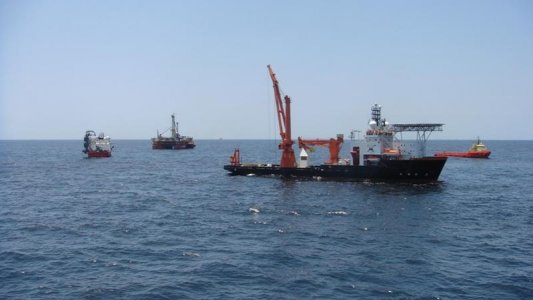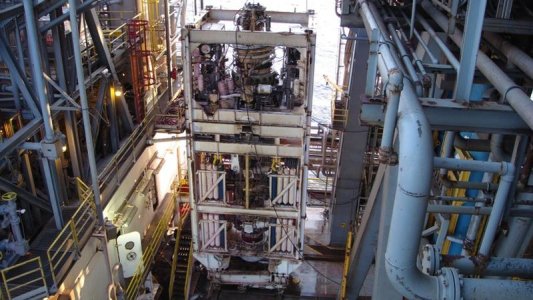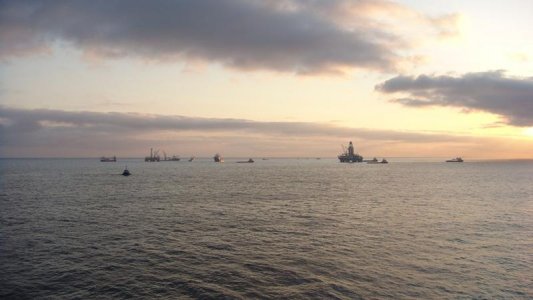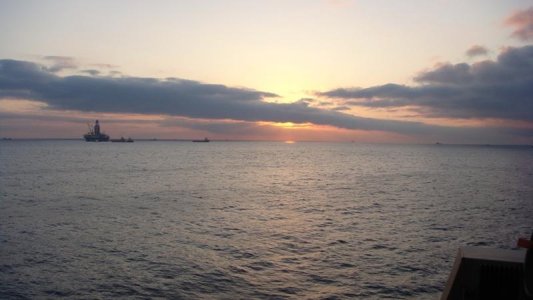great, thanks for your posts.
once again, just to make sure i am not misunderstood, i am not speculating what has caused the explosion and consequent sinking nor am i simplifying the rescue operation and difficulty of dealing with debris.
my assesment is a simple failure mode-analysis.
summarizing my previous posts-
IMHO the current well-head safety features are not up to snuff if, even though they are automated and have manual backup, they can fail- that is not acceptable on such a crucial piece of equipment. from Ko-nsx comments i surmise that all automated safety systems are dependant on power generation from the rig, which in itself is a faulty approach- it is obvious you cannot trigger the safety devices if there is no power or crew to do so. this is what i have been trying to point out. for these systems to be effective and dependable they must be independent from all outside factors- just like the black-box on the airliner- power, weather and humans.
the shutoff should be triggered not by the crew but by any event outside of normal operation- pressure change, power loss, water leak etc. and the systems doing so should be powered by a source located on the well-head, not on the rig (maybe a set of batteries continuously charged by the rig up to the point of need).
in this case it is 'spilled milk' but i hope that the least we get from this tragedy is an evaluation / redesign of our safety systems on the sea-floor.
All this speculation, reminds me of grannies doing hand-wringing.
How do you know they didn't have some type of device like what you proposed, that failed due to the accident? It will become much more clear in the coming days as people do their investigations.
I work on very complex projects, and I see outsiders always coming to false conclusions based upon very partial evidence, without realizing that what they propose / thought was already done and didn't work due to some reason.
This is why I replied so harshly to your post. You're an engineer, realize that there are a lot of smart people who work on oil rigs and complex problems like this. I'm sure they would have thought through these issues just like you have, and for whatever reason, make some difficult choices that may not have been perfect, but may have been the best they could be at the time.
And since humans are imperfect, an unforseen situation occurred that caused this situation and now they're all trying to figure out what happened and how best to resolve it.
I'm shocked that as an engineer you don't comprehend this - Anything made by man, can and will fail, regardless of how "perfect" it is designed. There is NO SUCH THING as perfection, period.
Rather than jumping on the soap box and making myself look like a fool and declaring things I do not know yet, I'm sitting back, wait for new facts to surface, before I come to any judgements and condemn anyone for this disaster. At this time the best thing to do is to hope for the best, and trying to figure out how we can help.
Last edited:







